UN Aims at Universal Access to Clean Energy by 2030
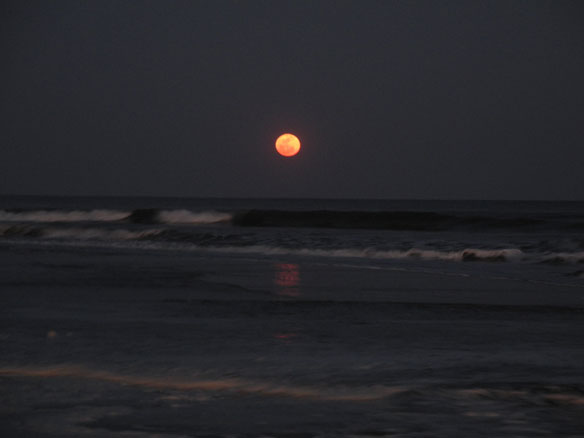
UN chief Ban Ki-moon outlined plans at the Rio+20 summit to provide universal access to energy by 2030 with tens of billion of dollars in funding from business and investors, for 1.3 billion people in more than 50 developing countries.
Fossil Fuel Subsidies; the Answer Lies in the Gulf

As the slow-burn of climate change spreads across the four corners of the globe, governments are fanning the global flames by dishing out a trillion dollars of fossil fuel subsidies each year, creating a perpetual pollution-pumping machine that’s poisoning the planet with ever-greater intensity. NRDC and other NGOs are demanding that world leaders focus instead on promoting rapidly developing clean energy technologies to protect our natural resources and maintain a sustainable planet. It’s not rocket science. But there are powerful special interests standing in the way…
Single-Track Sustainability Solutions Threaten People and Planet

A radical new approach to science and innovation is urgently needed to steer us within planetary boundaries and secure human wellbeing, fostering diverse types of innovation and empowering the grassroots creativity of poorer people, experts say.
Northeast Passage Soon Free from Ice Again?
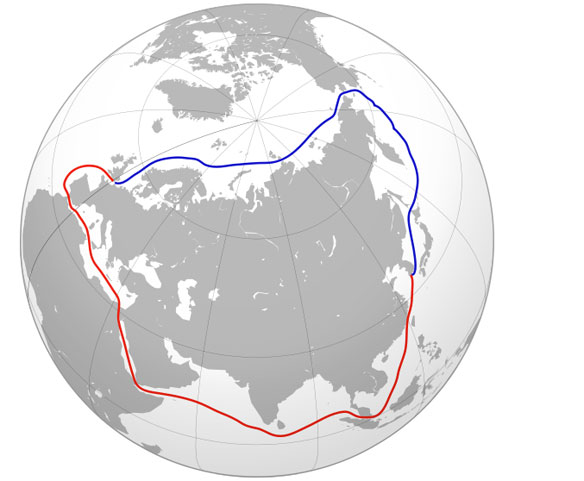
The Northeast Passage, the sea route along the North coast of Russia, is expected to be free of ice early again this summer.
Latin American and Asian cities lead way in planning for global warming
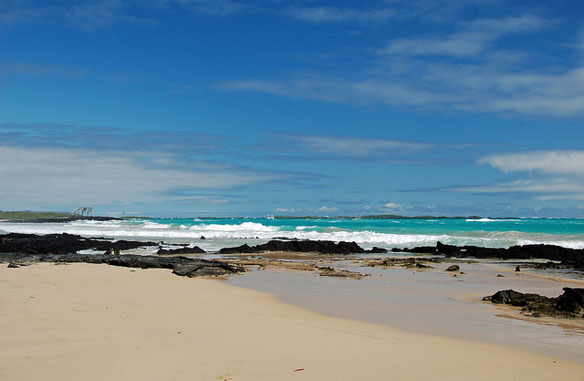
Cities worldwide are increasingly aware of the need to prepare for the effects of climate change, including increased variability in temperatures and extreme weather events, but are often hampered by limited financial resources and political commitment. However, Quito, Ecuador, not considered a global leader by most measures, is at the forefront of metropolises worldwide: in planning for climate change.
Senate Panel Approves Sea-Level Rise Bill, North Carolina
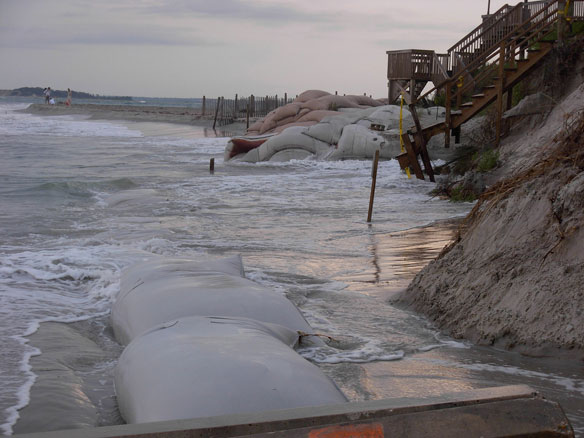
Unfazed by a heavy barrage of worldwide criticism and outright ridicule by sources ranging from Scientific American to the “Colbert Report,” the N.C. Senate’s Agriculture, Environment and Natural Resources Committee approved a new version of a bill that restricts the use of scientific modeling in state and local public policy and regulations to predict future sea-level rise.
For the Future of Our Planet, a Dialogue Between Generations

For the sake of our planet, a conversation that needs to be heard is the one between generations, between elders and young people around the world, and those who are in between…
Return to Rio: Second Chance for the Planet or Tipping Point?
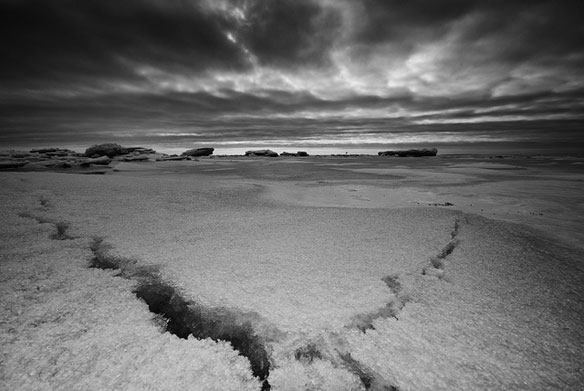
Twenty years ago, when the world’s leaders pledged to protect Earth’s climate and biodiversity at the Rio Earth Summit, they knew it would not be easy. But few could have guessed how much worse the situation would get.
Climate Change Led to Collapse of Ancient Indus Civilization, Study Finds

A new study combining the latest archaeological evidence with state-of-the-art geoscience technologies provides evidence that climate change was a key ingredient in the collapse of the great Indus or Harappan Civilization almost 4000 years ago. Once extending more than 1 million square kilometers across the plains of the Indus River from the Arabian Sea to the Ganges, the Indus civilization was the largest of the first great urban cultures that also included Egypt and Mesopotamia.
